Closing the Loop on Excellence
Key Points
-
Learning organizations must unwrap both academic and social-emotional data sets to align strategies for pedagogy to close the preparation gap.

A study from the American Psychological Association found that student mental health is in a current crisis since the pandemic. Additional research shows that although the pandemic accelerated the continued deterioration, student mental health was already declining for years before the pandemic. In my experience as a superintendent, I observed that building an approach to address social-emotional competence must be underpinned through constant utilization of data analytics and iterative practices for intentional transformation.
Education has long been focused on achievement, something that’s tough to square with the loss of schooling due to COVID-19. Both this achievement gap and the accelerated mental health crisis can be combatted through the utility of data and analytical practices. Unfortunately, access to big data and deep analytical methodologies is often limited in the education sector. Creating educational organizations with baseline capabilities of leveraging and analyzing big data marks a shift from being “forward-focused” — where traditional mental models underpin analyses of achievement linear to standards — to “future-focused” — where multiple measures of ability, achievement, strength, cognitive development, and social-emotional wellness are core metrics of success. This holistic shift will facilitate divergent and personalized systems. When I served as Superintendent of Schools, I sought to make these shifts a reality and was confronted with the obstacle of standardized tests. using the Anchors of Innovation Science and Excellence Loop from the Disruptive Effect Model, I was able to design a model for literacy and social-emotional outcomes.
An Interdependent Model for Social, Emotional, and Academic Acceleration
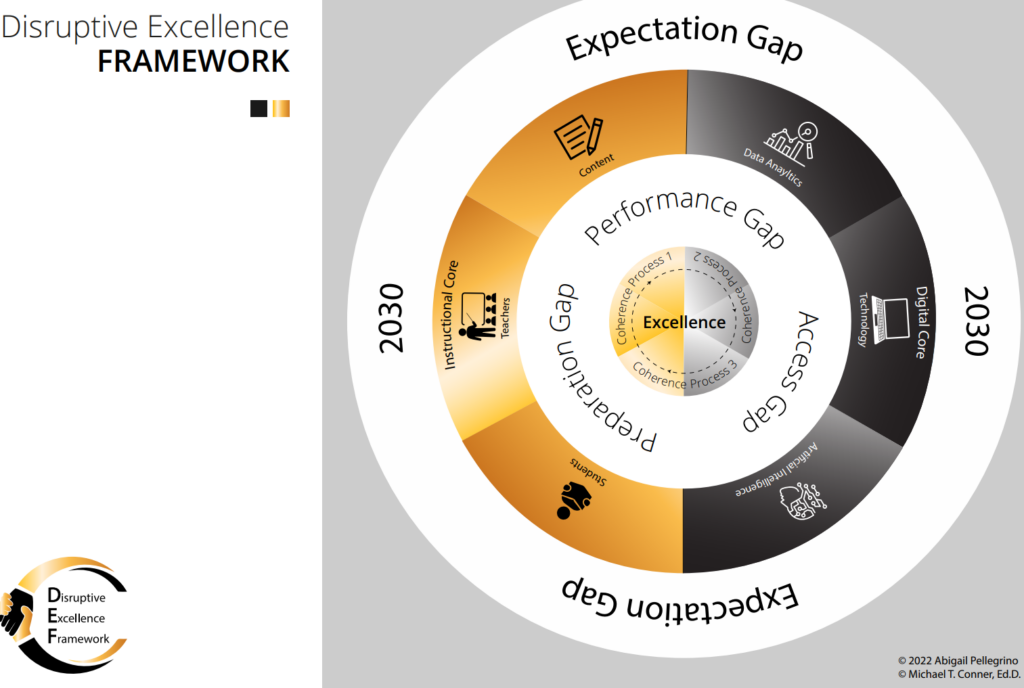
During my tenure as a Superintendent of Schools — where innovation, excellence, and transforming norms reauthored the literacy framework of instruction — I interfaced with academic data and a strength-based rating scale (i.e., Devereux Student Strengths Assessment) to lament pedagogical differentiation in my learning organization. Working with my team, I was able to create and scale Models of the Multi-Tiered System of Support.
Expectations Gap: At the core of the model, the learning organization must have a deep understanding of every student including knowing their interests and strengths. The expectation for all stakeholders is to provide relevancy through instructional practices that are differentiated for cognitive and social-emotional growth. High-stakes discussions rooted in data from the DESSA allowed for the strengthening of both the literacy model and social-emotional development. For example, one might take linear data sets of standards achievement and interface it with key social-emotional information. This would enable more differentiated and tailored pedagogy for each student. This approach led to academic and individual practices to ensure relevancy in every student’s literacy trajectory.
Preparation Gap: Learning organizations must unwrap both academic and social-emotional data sets to align strategies for pedagogy to close the preparation gap. In my experience, leaders and teachers held collaborative discussions aimed at fostering positive relationships. In elementary, this looked like teams unpacking data and challenging existing practices to effectively build relationships using cycled formative benchmark metrics. Additionally, social engagement strategies were employed so students could access core content at grade-level expectations. Moreover, having analytics from the DESSA created a pathology where the instructional climate facilitated the opportunity for students to take calculated risks with content that had historically been arduous to access because of rigor demands.
Performance Gap: A current contention in the standard literacy model is the linear delivery of pedagogical methods and strategies. To reach all learners, applying analytics focused on cognitive growth will challenge the education ecosystem to move beyond mastery of standards. Thus, improving the performance of all to examine data, students, and content with the whole child in mind. The DESSA assisted with unpacking the authentic needs of students specifically with closing performance gaps from COVID-19. Unpacking cognitive abilities through data analytics will germinate culturally relevant learning experiences in each tier of the integrated MTSS framework which will enhance the performance of leadership and classroom practitioners holistically.
Access Gap: As Superintendent of Schools, an educational priority was to create a learning organization where access and opportunity were equalized in all aspects of the instructional model. Creating an iterative literacy model that focused on academic ability and social-emotional success was a paradox for many stakeholders in the learning organization. Through data-informed discussions and culturally responsive pedagogy, the barriers of access were eliminated. Classroom practitioners would target grade-level text for a shared reading activity (i.e., tier I of the MTSS Framework) with content that focused on resilience and self-management skills. This hybrid connected two phenomena – text structure and social-emotional capabilities among students.
Bridging social-emotional and academic data together for analytical analysis will exponentially raise academic outcomes in a culturally responsive manner while contextually accelerating the process of closing the gap on the loss of schooling created by COVID-19.

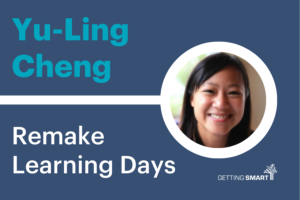
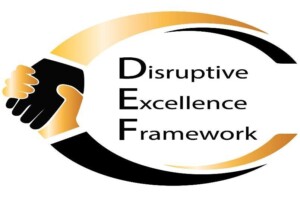
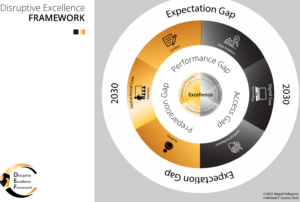
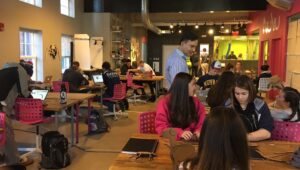
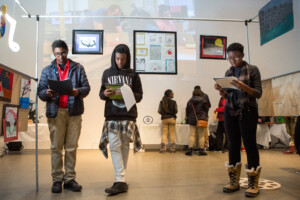
0 Comments
Leave a Comment
Your email address will not be published. All fields are required.